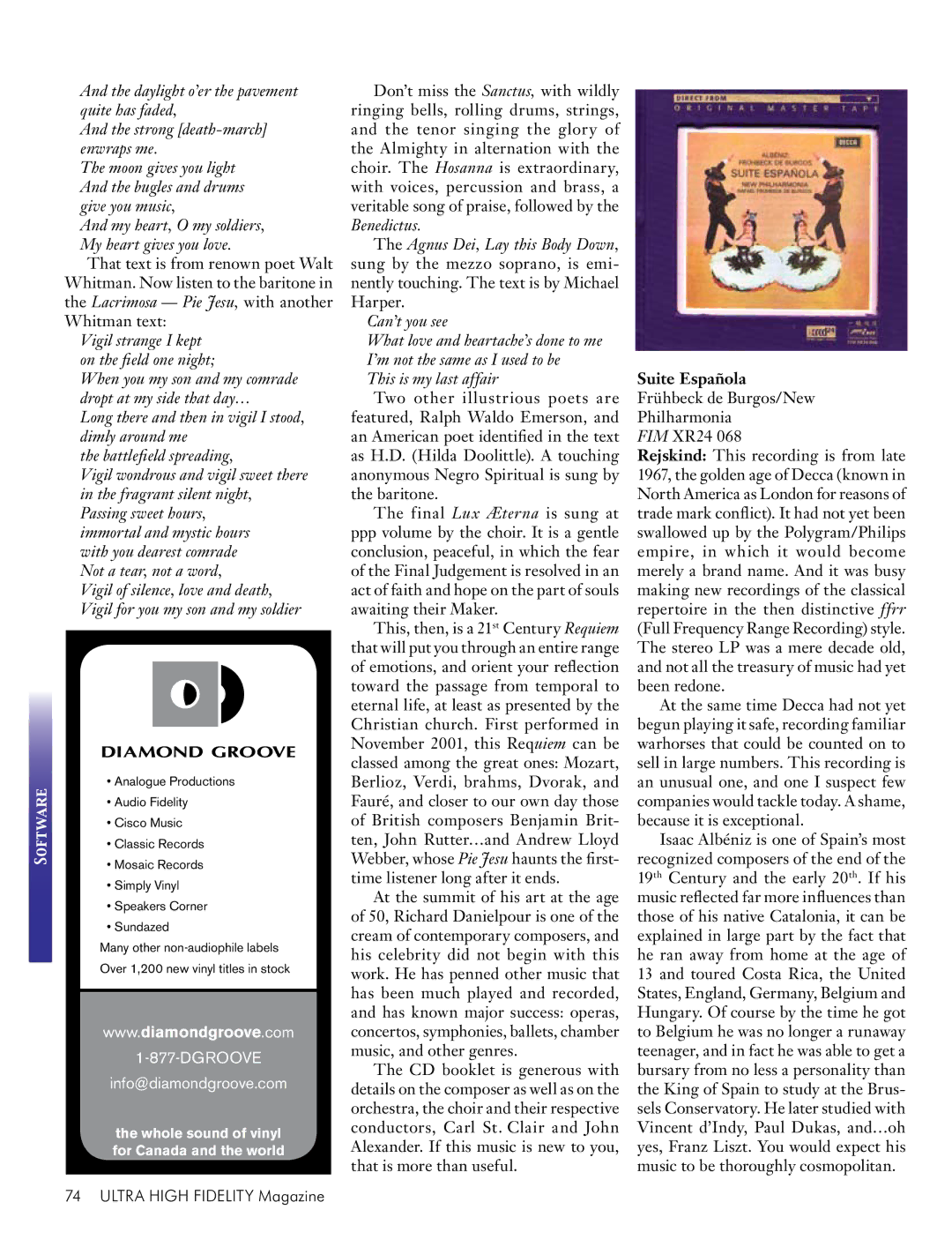76 specifications
The Koss 76 headphones are a notable addition to the world of audio technology, designed to offer listeners an immersive sound experience combined with comfort and convenience. Known for their exceptional sound quality, the Koss 76 headphones utilize a range of innovative features that set them apart in the competitive market of personal audio devices.One of the standout features of the Koss 76 is its open-back design, which allows sound to travel freely in and out of the earcups. This design not only adds a sense of spaciousness to the audio but also contributes to a more natural listening experience. Users appreciate the open-back headphones for their ability to create a wide soundstage, making them ideal for critical listening and enjoying nuanced details in music, dialogue, and sound effects.
Another key characteristic of the Koss 76 is its lightweight build, which is crucial for long listening sessions. Weighing in at just a few ounces, these headphones provide ease of use without compromising on sturdiness. The plush ear cushions ensure that users remain comfortable, even after hours of wear, making them suitable for both casual listening and more extended use during activities such as gaming or working from home.
In terms of sound performance, the Koss 76 headphones boast a rich dynamic range, producing clear highs, well-defined mids, and deep bass. This balanced sound signature ensures that all types of music, from classical to contemporary pop, can be enjoyed as the artists intended. The inclusion of high-quality drivers further enhances clarity and reduces distortion, making the Koss 76 a great choice for audiophiles looking for quality on a budget.
Moreover, Koss has integrated a durable cable into the design of the 76 headphones, featuring a convenient 3.5mm audio jack that is compatible with a wide array of devices including smartphones, tablets, and laptops. The cord length is optimized to provide flexibility without tangling, allowing for hassle-free movement while listening.
In summary, the Koss 76 headphones exemplify a successful fusion of comfort, functionality, and superior sound quality. Their open-back design, lightweight construction, and well-balanced audio make them a compelling choice for anyone seeking an engaging and enjoyable listening experience. Whether for casual enjoyment or critical listening, the Koss 76 stands out as a reliable option in modern audio equipment.

